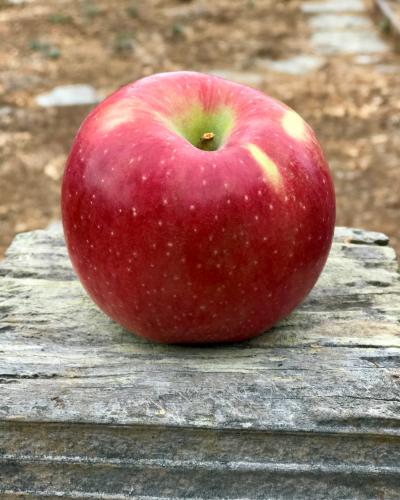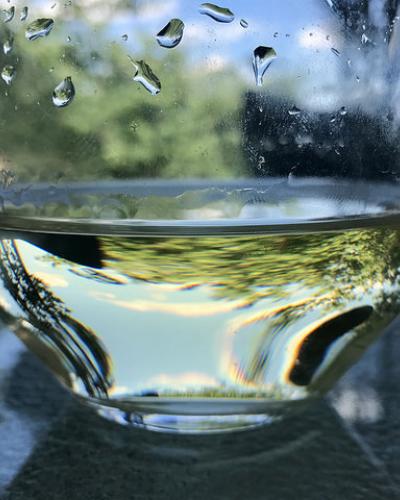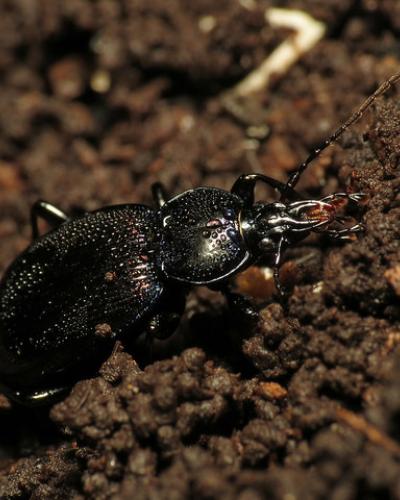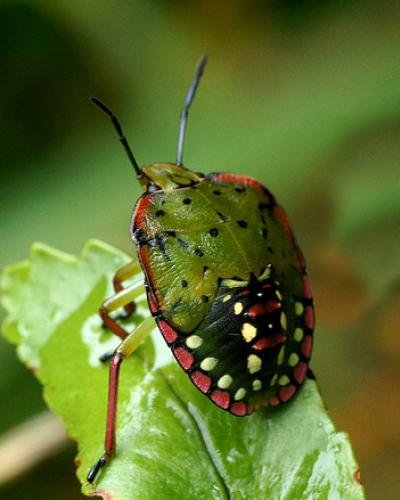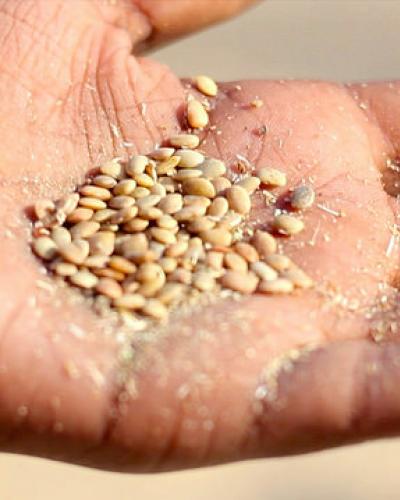The AgDaily OpEd entitled "What are you really getting from organic apples", written by Michelle Miller, is extremely misleading and mischaracterizes pesticide use on organic and conventional...
Oct 01, 2018
Photo credit: Kevin Dooley
The Great Lakes are the world’s largest freshwater ecosystem. A new study published in the journal Environmental Pollution aimed to quantify the...
Sep 26, 2018
Can't-miss networking and fundraising event for organic research is set for March
Shannon Allen will serve as the keynote speaker at The Organic Center's 16th Annual Benefit Dinner in Anaheim on...
Sep 23, 2018
Photo credit: United Soybean Board
Organic farmers rely on tillage to combat weeds in place of herbicides, incorporate organic matter into the soil and reduce soil...
Sep 21, 2018
Photo credit: Anokarina
A new study has detected neonicotinoid insecticides in raw and treated drinking water in water from the lower Great Lakes in southern Ontario,...
Sep 20, 2018
Photo credit: Katja Schulz
A new study published in Agriculture, Ecosystems and Environment sought to understand the effect of conversion from conventional farming to...
Aug 28, 2018
Photo credit: SmcGarnigle
A study recently published in the journal Agroecology and Sustainable Food Systems by researchers at the University of Oregon aimed to understand...
Aug 28, 2018
Photo credit: Bernard Spragg
A recent study published in the Journal Nature Sustainability used two different meta-analyses to demonstrate that organic farming promotes...
Aug 28, 2018
Photo credit: oxlaey.com
A new study published in the journal Agronomy for Sustainable Development aimed to evaluate the efficiency of lentil-spring wheat intercrops to...
Aug 06, 2018
Neonicotinoids are some of the most widely used agricultural insecticides, and are recognized for the unintended risk they may pose to other wildlife. While the majority of this research has...

